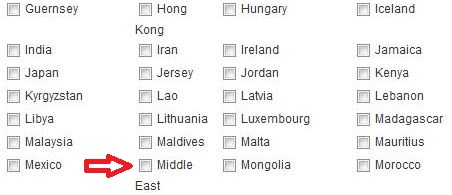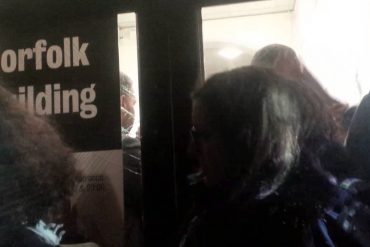1) The ITIC provides information about Palestinians killed in Judea & Samaria since the beginning of the year.
“According to ITIC records, Israeli counterterrorism activities and clashes with Palestinians, carried out from January 1, 2022, to July 14, 2022, led to the deaths of 49 Palestinians, a relatively high number compared to previous years (nine in 2021). The rise in the number of deaths is apparently a combination of the intensive activities of the Israeli security forces, which sometimes operate in several locations simultaneously, and the violent and sometimes organized Palestinian reactions. […]
Of the 49 Palestinians killed, 33 (67%) belonged to one of the Palestinian terrorist organizations. Nineteen were Fatah operatives, although not all belonged to its military-terrorist wing; 11 were Palestinian Islamic Jihad (PIJ) operatives, two were Hamas operatives and one was a Popular Front for the Liberation of Palestine (PFLP) operative.”
2) The INSS analyses ‘The Iranian-Russian-Turkish Summit in Tehran’.
“The visit by Russian President Vladimir Putin and Turkish President Recep Tayyip Erdogan in Tehran – the first such visit since the outbreak of the war in Ukraine in February 2022 – offered the three leaders an opportunity to demonstrate their partnership against the West and discuss the challenges they face domestically, regionally, and internationally. Iran viewed the summit as a chance to tighten its strategic relations with the Kremlin, in part in response to the idea of a regional defense alliance led by Washington. Russia viewed it as an opportunity to show the world – and its own domestic audience – that it is not isolated and there is international willingness to accept a multipolar world order that is not led by the United States alone. Regarding Syria, the summit reflected a Russian-Iranian interest in dissuading Turkey from launching a new military operation in northern Syria, which Ankara sees as a vital strategic interest.”
3) At the JCPA, Yoni Ben Menachem looks at ‘Palestinian Frustration after Biden’s Visit’.
“The Biden administration deeply disappointed the PA. Biden is pressuring Abbas to support the concept of normalization between Israel and Arab countries. Abbas, for his part, sees this as the administration’s attempt to circumvent the Palestinian problem and staunchly refuses. Abbas is disheartened by Biden’s support for Israel, by the “Jerusalem Declaration,” and by the fact that Biden added another $1 billion – earmarked for Israel’s aerial defense capabilities – to the annual $3.8 billion in U.S. aid to Israel. […]
From Abbas’ standpoint, Biden’s visit was a failure. Therefore, Abbas discussed ideas with Abdullah [of Jordan] about a diplomatic initiative at the September UN General Assembly session to emphasize the Palestinian problem’s centrality to the international community.”
4) UKLFI held a webinar with Professor Steven Zipperstein to mark the League of Nations Mandate Centenary.
“The Mandate for Palestine was adopted by the Council of the League of Nations (the forerunner of today’s United Nations) in London on 24 July 1922. It mandated the British Government to put into effect the Balfour Declaration of 2 November 1917. The Mandate explicitly recognised the historical connection of the Jewish people with Palestine and the grounds for reconstituting their national home in that territory. It transformed the unilateral declaration of the British government into an instrument of international law and provided the legal basis for Britain’s administration of Western Palestine until 1948. Its impact on the development of the Jewish national home into the modern State of Israel cannot be denied, and the rights and obligations set out in its provisions arguably remain relevant today.”





